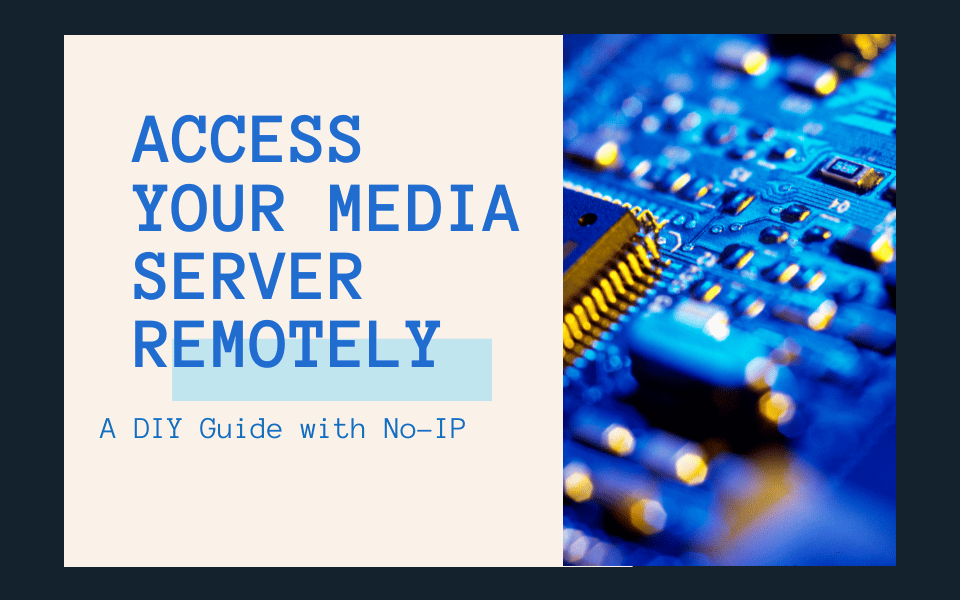Explore which DDNS provider fits your needs best. Whether you’re a remote worker, small business, enterprise, or gaming enthusiast, there is an option for you.
Continue ReadingHow to Pair The Best DDNS Provider to Your Needs
Can You Dig it? No-IP’s 2nd Year Sponsoring the Northern Nevada Children’s Cancer Foundation’s Dozers & Dirt Annual Event
On September 23rd, 2023, No-IP was a sponsor for The Northern Nevada Children’s Cancer Foundation’s annual Dozers & Dirt event for the 2nd year in a row. Take a look to learn more about this amazing community event.
Continue ReadingAdding a DNS Twist to Your Birdhouse
In this blog post, we’ll guide you through the process of building a birdhouse camera—a high-tech twist to the traditional birdhouse.
Continue ReadingComparison of Popular VPNs: What is the best VPN?
Keep your digital footprint safe and your online activities private with the ultimate VPN guide. See what you need to know to select a VPN service.
Continue ReadingAccess Your Media Server Remotely: A DIY Guide with No-IP
Imagine accessing your entire media library no matter where you are. With our guide, you can turn your Raspberry Pi 4 into a powerful media server.
Continue ReadingNo-IP’s Dynamic Connections Week and the Value of Fun
At No-IP, we value teamwork and having fun! Our Dynamic Connections Week brought together our entire team for a memorable experience.
Continue ReadingBuilding a DIY Weather Station with Your Kids and No-IP: A Fun and Educational Project
Unlock the secrets of weather prediction with a DIY weather station powered by No-IP’s Dynamic DNS service.
Continue ReadingThe DDNS Consumer Intelligence Report: No-IP’s E-Book on DDNS Services
Knowledge is power, especially when it comes to choosing a DDNS service provider. No-IP’s new e-book, “The DDNS Consumer Intelligence Report,” is your ticket to becoming a DDNS expert.
Continue ReadingBuild a Remote-Controlled Car with Dynamic DNS (DDNS) for Summer Fun
Get creative this summer with your kids by building a remote-controlled car. Learn how to control it from anywhere using No-IP’s Dynamic DNS service. Follow our step-by-step guide for an exciting and educational project!
Continue ReadingHappy World Wide Web Day!
The World Wide Web has transformed how we access information and connect with others. Together, let’s make a positive impact in this interconnected world. Happy World Wide Web Day!
Continue Reading








